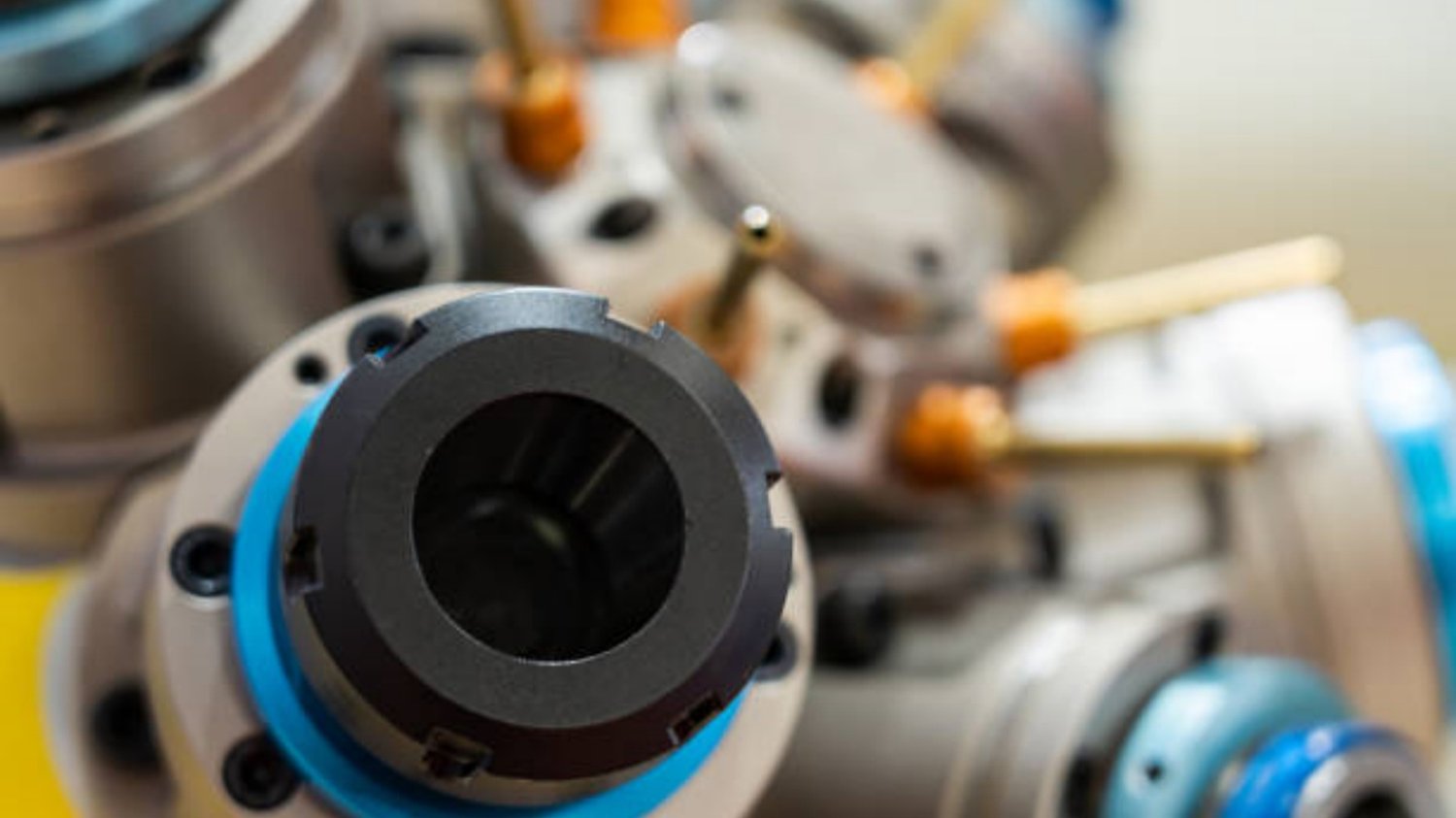An Introduction to Impellers
Impellers are crucial components of various machines, particularly pumps and mixers, that are used in numerous industries. They are responsible for transferring energy from the motor to the fluid or substance being handled. Impellers play a significant role in determining the efficiency and performance of these machines. In this article, we will explore the three main types of impellers and their characteristics.
Centrifugal Impellers
Centrifugal impellers are the most common type used in pumps and mixers. These impellers accelerate the fluid radially outward, creating centrifugal force that increases the fluid's velocity. This increase in velocity leads to a decrease in pressure, causing the fluid to move through the system. Centrifugal impellers are highly efficient and offer a wide range of applications, making them suitable for handling various fluids, including liquids with suspended solids.
Axial Impellers
Axial impellers are designed to move fluid parallel to the impeller shaft. They generate flow by pushing the fluid in one direction, similar to a propeller in a water pump. Axial impellers are commonly utilized in applications where high flow rates are required, such as ventilation systems, cooling towers, and propellers for boats and aircraft. These impellers are known for their ability to move large volumes of fluid with relatively low pressure.
Mixed-Flow Impellers
Mixed-flow impellers combine the characteristics of both centrifugal and axial impellers. They create a combination of radial and axial flow, resulting in a unique flow pattern. Mixed-flow impellers are commonly used in situations where a balance between flow rate and pressure is required. These impellers find applications in cooling systems, circulation pumps, and certain types of compressors.
Factors to Consider When Selecting an Impeller
Choosing the right impeller for a particular application involves considering various factors. Some key aspects to consider include the desired flow rate, pressure requirements, fluid characteristics (such as viscosity and temperature), and the presence of any solids or abrasive materials. Understanding these factors will help in selecting the most suitable impeller type to ensure optimal performance and efficiency.
Benefits and Limitations of Each Impeller Type
Centrifugal impellers offer high efficiency, a wide operating range, and excellent handling of fluids with solids. However, they may not be suitable for applications requiring high flow rates. Axial impellers excel in handling large volumes of fluid with low pressure, but they may not be ideal for situations requiring high-pressure operation. Mixed-flow impellers provide a balance between flow rate and pressure, making them versatile for various applications.
Impeller Materials
Impellers can be manufactured from a variety of materials depending on the specific application requirements. Common materials include stainless steel, cast iron, bronze, and various plastics. The choice of material depends on factors such as the fluid being handled, temperature, corrosion resistance, and budget constraints. It is essential to select a material that can withstand the operating conditions and maintain its performance over time.
Maintenance and Troubleshooting
Regular maintenance is crucial to ensure the longevity and optimal performance of impellers. It is important to inspect and clean impellers regularly, checking for any signs of wear, damage, or debris accumulation. If an impeller shows signs of damage or decreased performance, it may need to be repaired or replaced. Troubleshooting impeller issues often involves checking for cavitation, imbalance, or improper installation.
Latest Technological Advancements
The field of impeller technology is continuously evolving, with ongoing advancements aimed at improving performance, efficiency, and longevity. Some of the latest developments include the use of computational fluid dynamics (CFD) for precise impeller design, advanced materials with enhanced durability and corrosion resistance, and improved impeller balancing techniques for reduced vibration and noise. These advancements contribute to the ever-improving capabilities of impellers in various industries.
Conclusion
Impellers are critical components in pumps and mixers, providing the necessary energy transfer for fluid handling. The three main types of impellers – centrifugal, axial, and mixed-flow – offer different characteristics and applications. Choosing the right impeller involves considering factors such as flow rate, pressure requirements, and fluid characteristics. Regular maintenance and troubleshooting are essential to ensure optimal impeller performance. With ongoing technological advancements, impellers continue to play a vital role in improving efficiency and performance in various industries.

